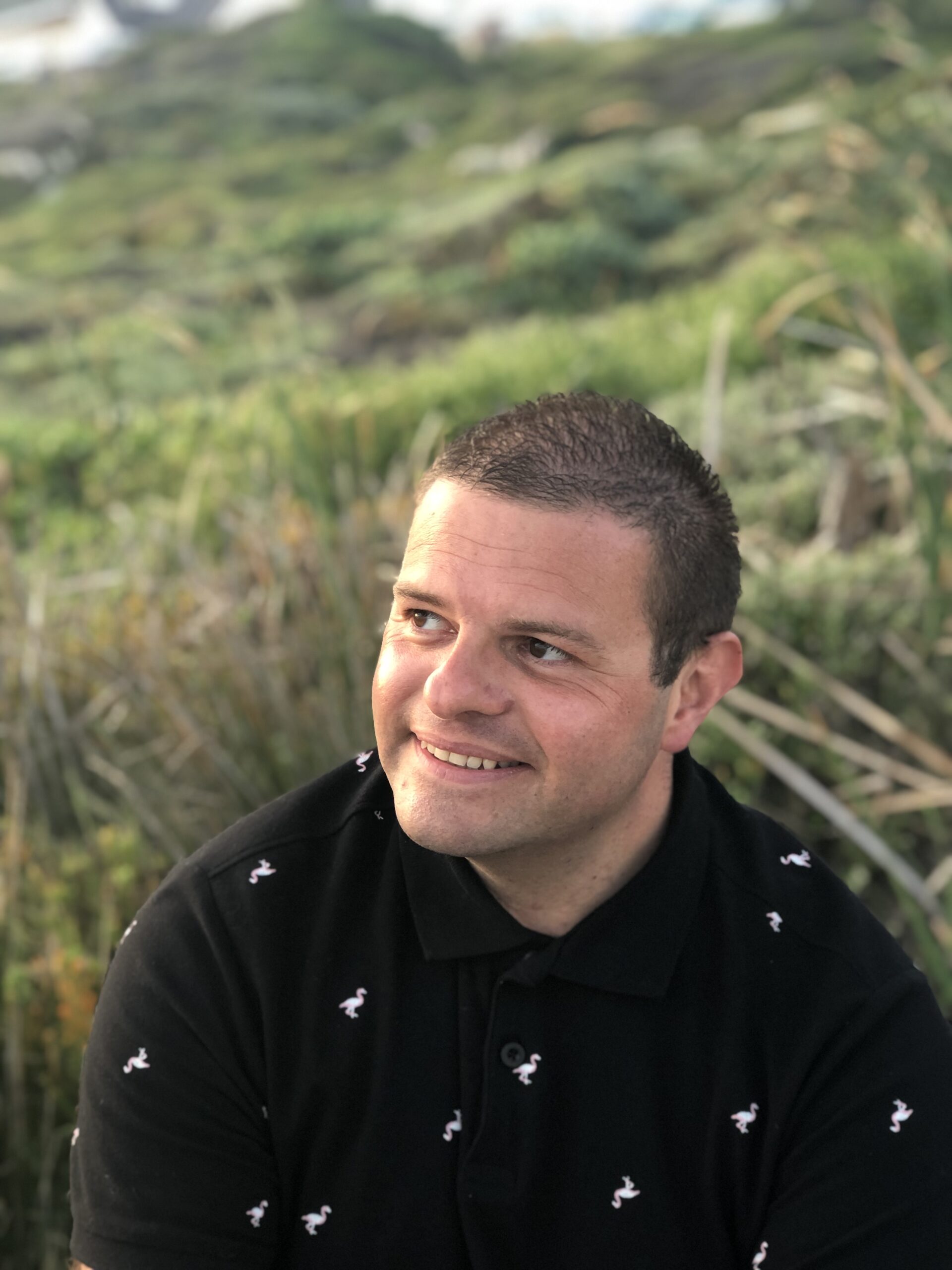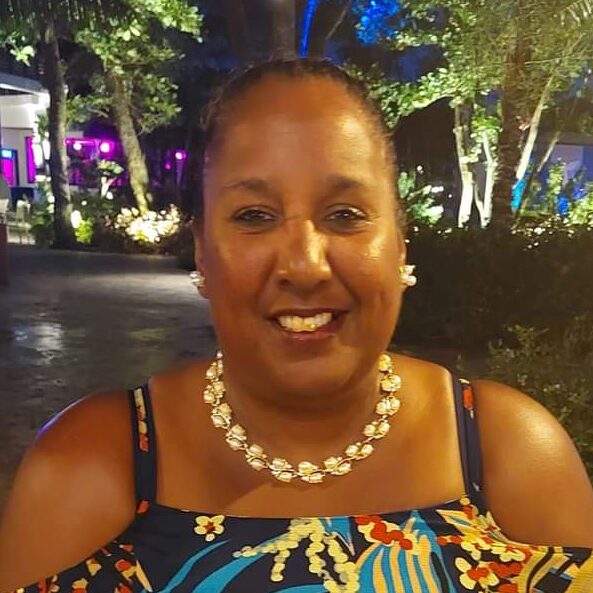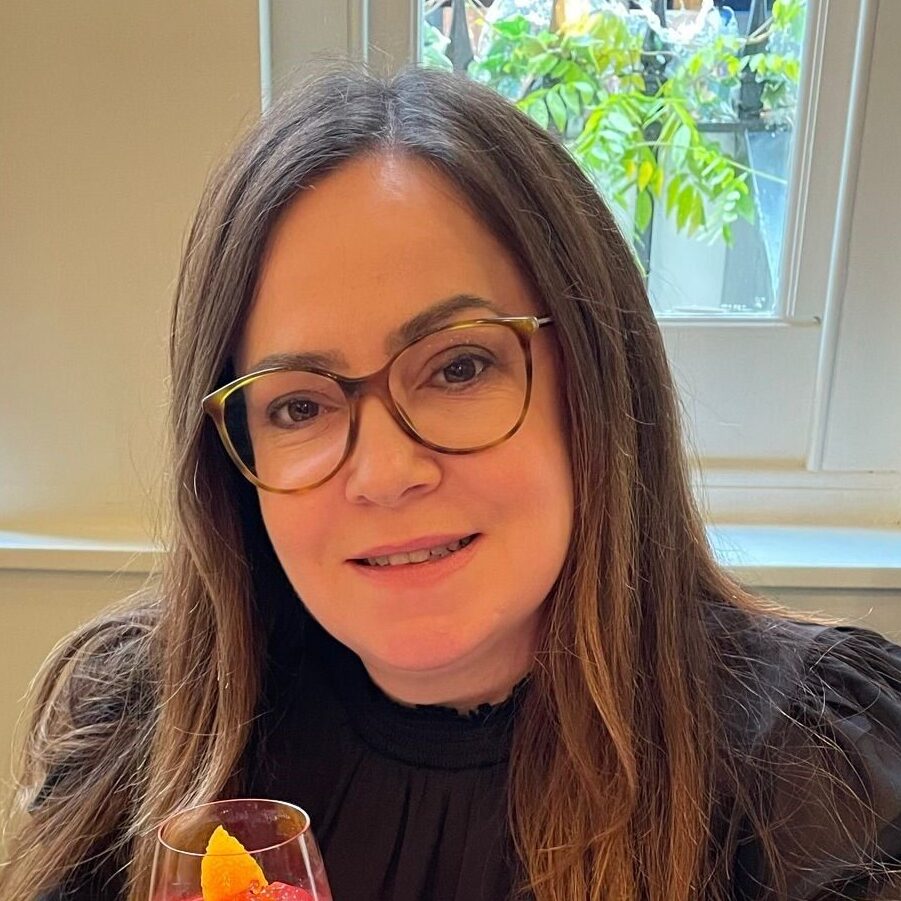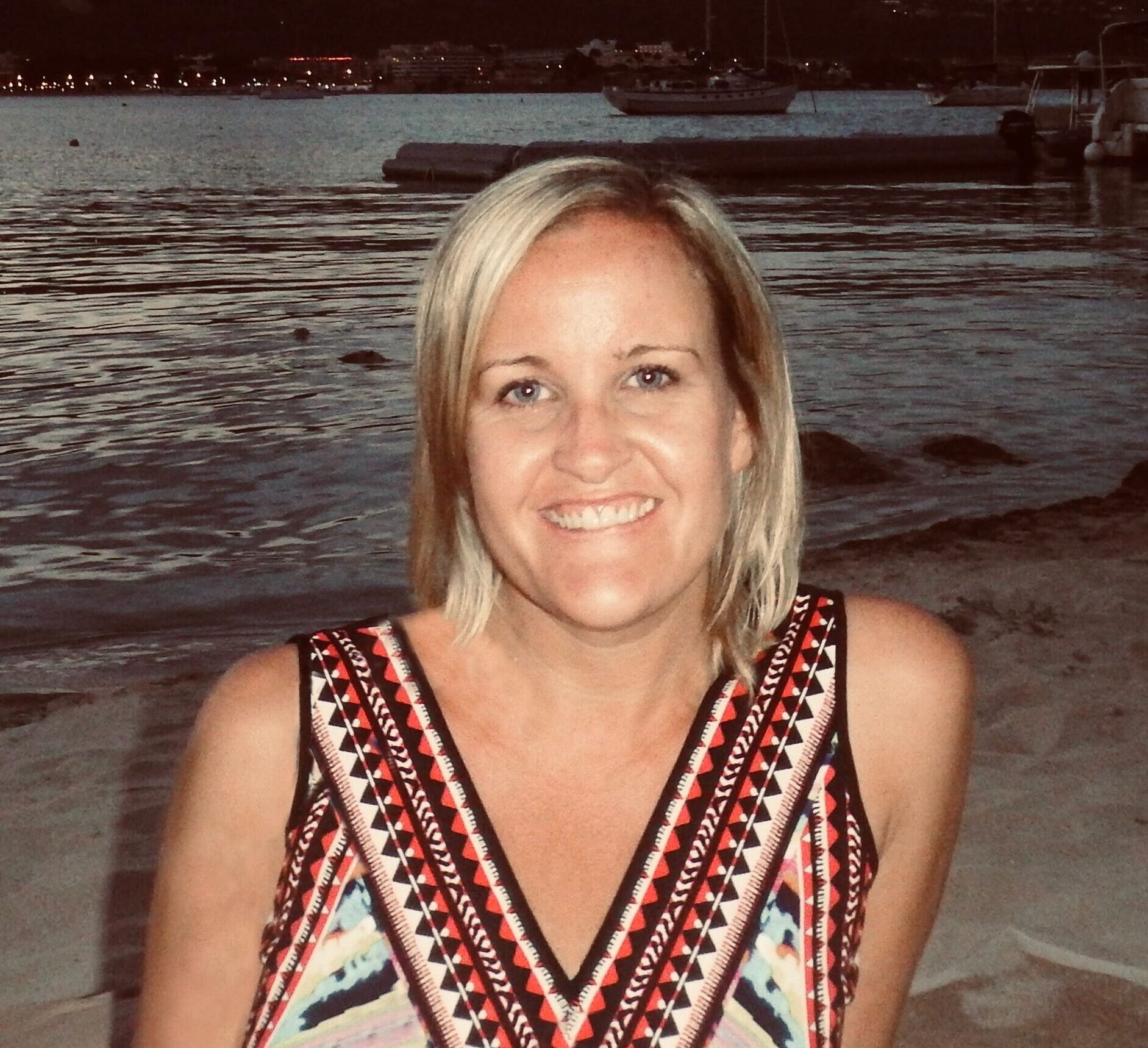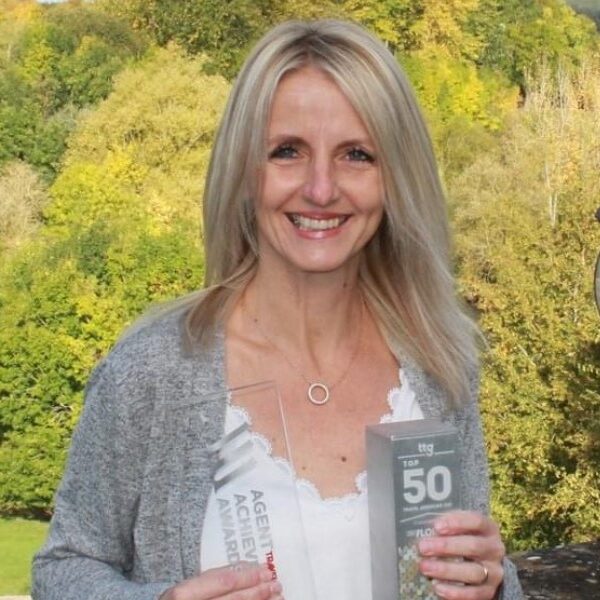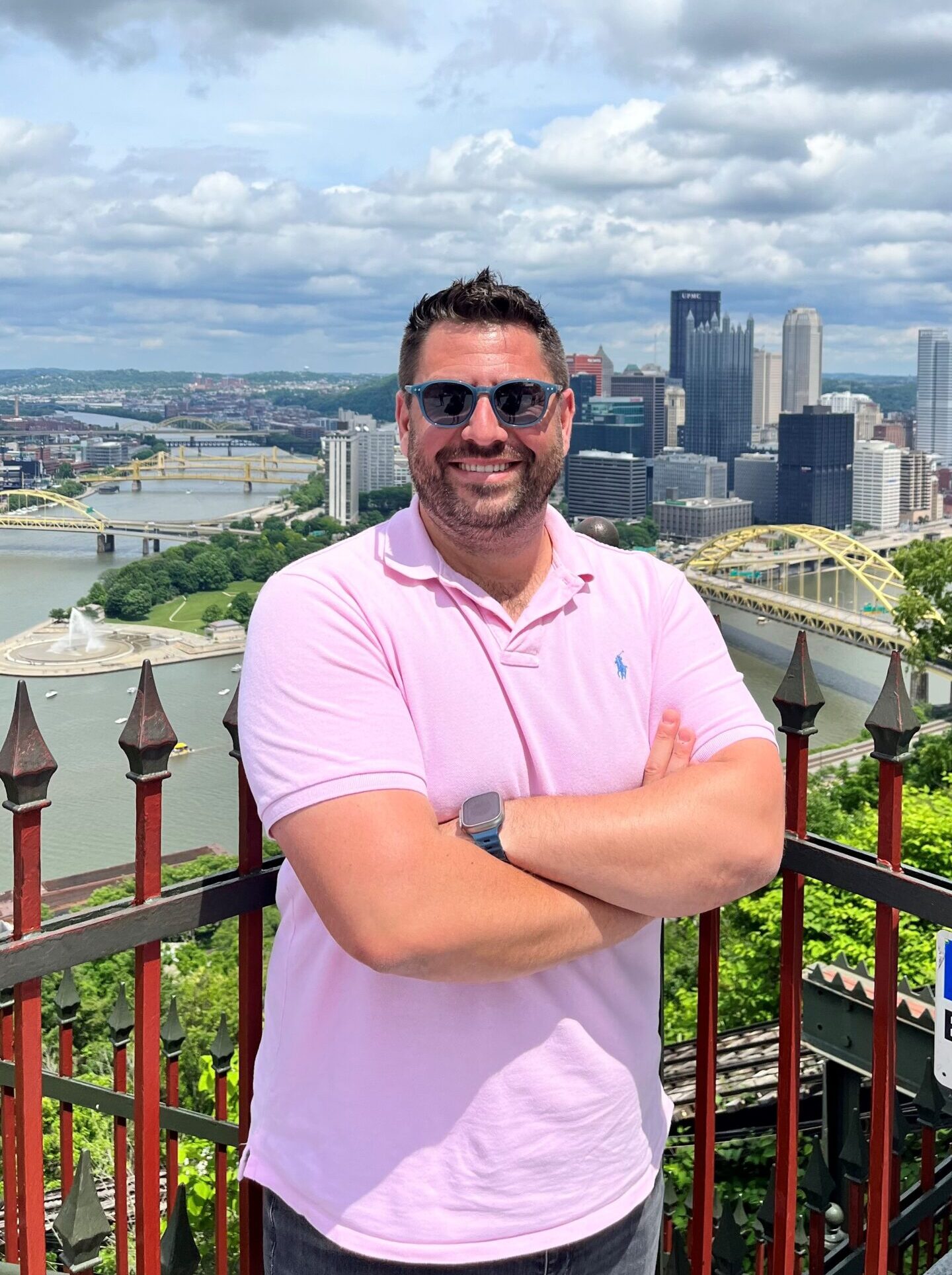Introduction
As one of the least populated regions in Africa, the northwest section of Namibia is said to have more wildlife than inhabitants. This makes the region a truly special place to visit; one where you can wonder about the vast landscape, marvel at the beautiful wildlife (including Black rhino, Desert elephants, and lions), and go on exhilarating journeys 4WD safari trips.
At a Glance
Highlights
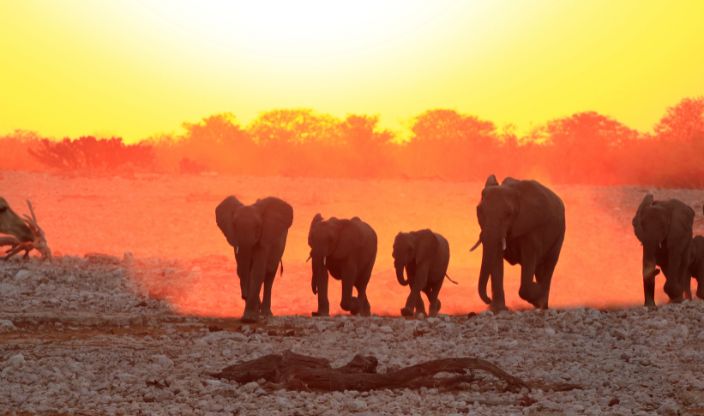
Experts say that there is more wildlife than inhabitants in Namibia. On your journey, you will marvel at the desolate yet beautiful state of the land, as characterized by the surprising lack of local inhabitants and the overwhelming presence of native wildlife.
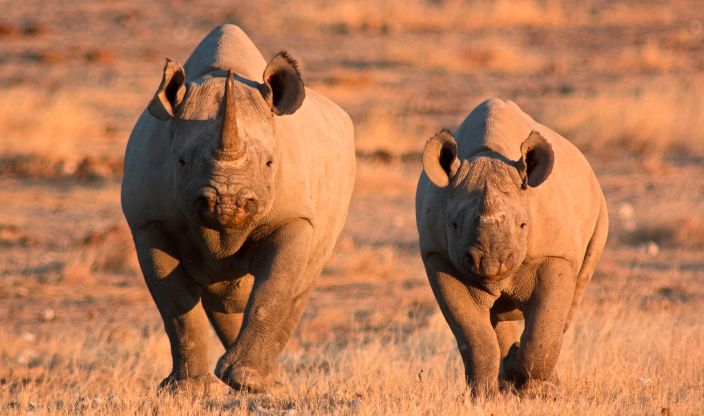
The Black Rhino is one of the most prominent species in Namibia. In fact, the region contains the highest concentration of Black Rhino in the world, an incredible feat that has to be seen to be believed.
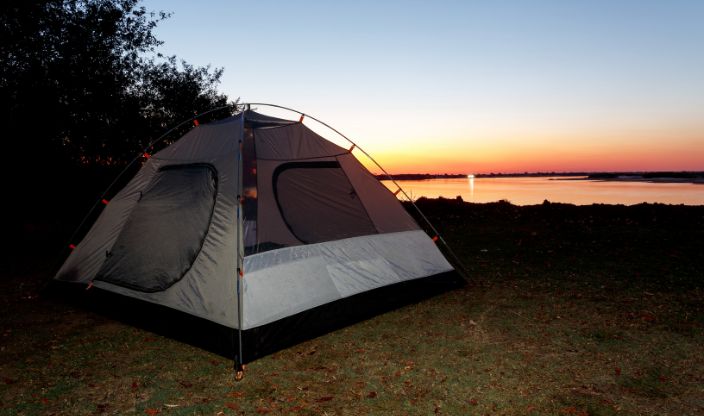
Pitch a tent, bring some supplies, and bunker down in the great outdoors with an authentic camping experience in Namibia. You’ll spend the night at several wild camping sites, giving you a taste of the wild life at its purest.
Recommended Hotels
Hotel Safari | Spitzkoppe Camp | Twyfelfontein Wild Camping | Palmwag Concession Wild Camping | Hoanib River Wild Camping | Grootberg Lodge | Okaukuejo Camp | Onguma Game Reserve Game | Waterberg Camp
Sample Itinerary
4WD Desert Safari and Camping in Namibia
Home to more wildlife than people, Namibia is a unique place to explore, thanks to its rich, desolate lands, eclectic native wildlife, and authentic camping experience opportunities. With assistance from an experienced tour guide, this sample itinerary will take you to several full-service camping sites. You will also visit a few landmarks, like the Twyfelfontein San Bushman Engravings and Khowarib gorge.
Depart London
Arrive in Windhoek and enjoy a free day of leisure. Participate in an informative briefing session in the evening.
Stay overnight at a Hotel Safari or similar.
In the morning, drive to the Spitzkoppe Camp, which is home to breathtaking scenery and vast stretches of rolling plains. Enjoy free leisure in the afternoon, by either exploring the mountain oasis or going on one of many available self-guided trails. The drive to the camp will take about 4 hours.
Stay overnight at the Spritzkoppe Camp.
Head north-west and travel through Namibia, marveling at the wild desert mountains, unique rock formations, and rich native wildlife, as you make your way to Twyfelfontein. The region has a large concentration of San Bushman (the indigenous people of South Africa) engravings, with some dating back to 6,000 years ago.
Stay overnight at the Twyfelfontein, wild camping.
Make your way to the Palmwag Concession, a large, protected area, northwest of Namibia, that is 550,000 hectares in size. There are a number of landmarks to visit, including the various springs and the Etendeka Plataeu, which is filled with rare aloes. Wildlife you may encounter include lions, cheetahs, leopards, hyenas, and of course, the world’s largest population of Black Rhino.
Spend 2 nights at the Palmwag Concession, wild camping.
Leave the Hoanib River and travel to the Khowarib Gorge. The area is home to the native Damara and Herero families. On your way to the Gorge, you will visit a traditional Himba village. The first settlement of the Himba people can be traced back to the 16th century, and they still retain their traditions to this day.
Stay overnight at the Grootberg Lodge or similar.
Leave the Khowarib Gorge and head to the Etosha National Park. Arrive at the Okauko Rest Camp. The Park is renowned for its many landmarks, the most notable being a salt pan, which is so large it can be seen from space. It is also home to many native species, including elephants, zebras, black rhinos, and leopards.
In the evening, sit by the flood-lit waterhole and enjoy local entertainment. Stay overnight at the Okaukuejo Camp or similar.
Enjoy a full day of game drives and visit the Onguma Game Reserve, which is 20,000 hectares in size and home to more than 30 mammal species.
Spend 2 nights at the Onguma Game Reserve or similar.
Go on another game drive for most of the day, in search of native wildlife, such as giraffes, elephants, rhinos, and native birdlife.
Leave Etosha National Park and head to the Waterberg Plateau. The region is home to more than 200 bird species, including cape vultures and black eagles. You can go on several self-guided walks here, which takes you through the plateau, revealing plenty of stunning scenery and opportunities for stunning photographs.
Stay overnight at the Waterberg Camp or similar.
Drive back to Windhoek and depart for London in the afternoon.
Arrive back in London.


